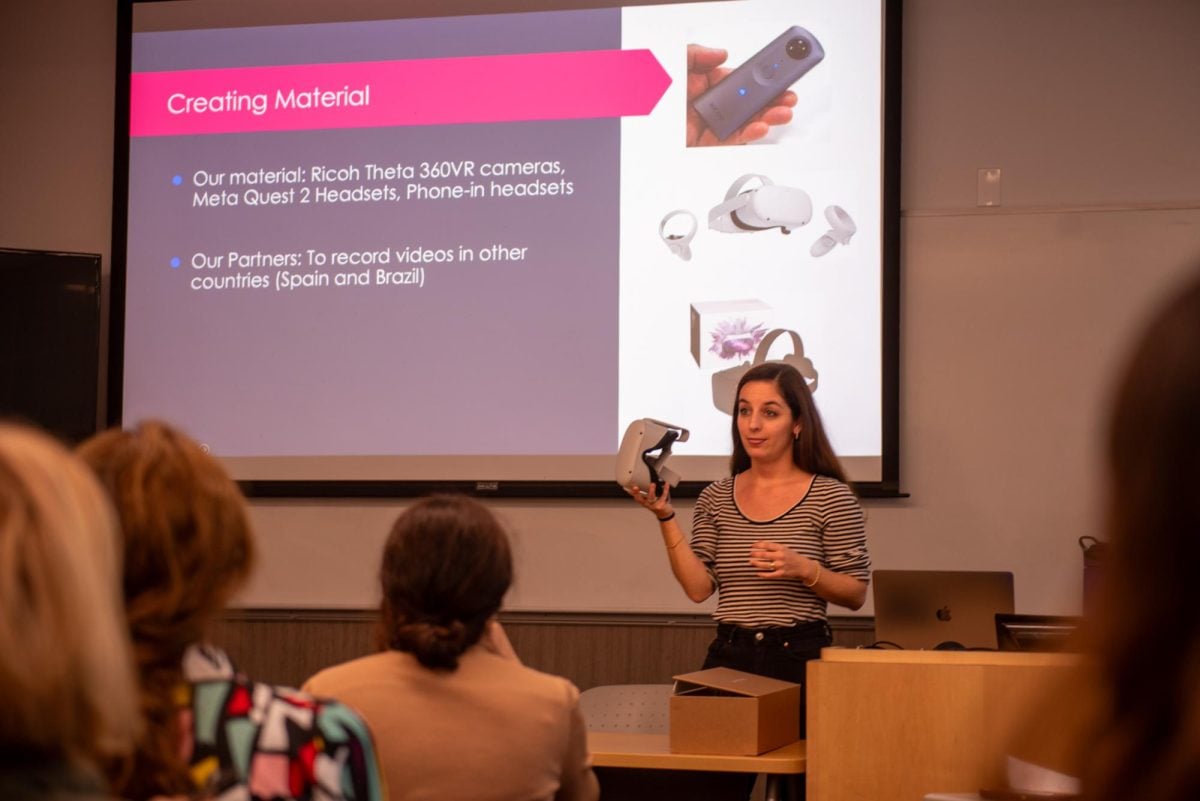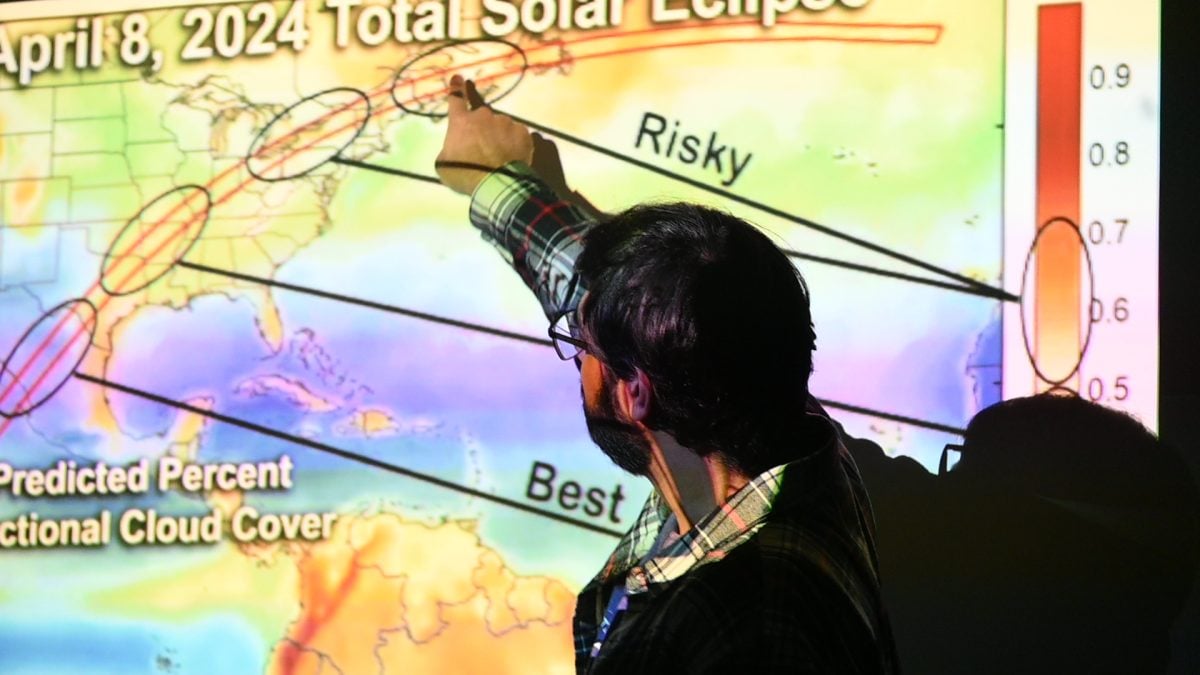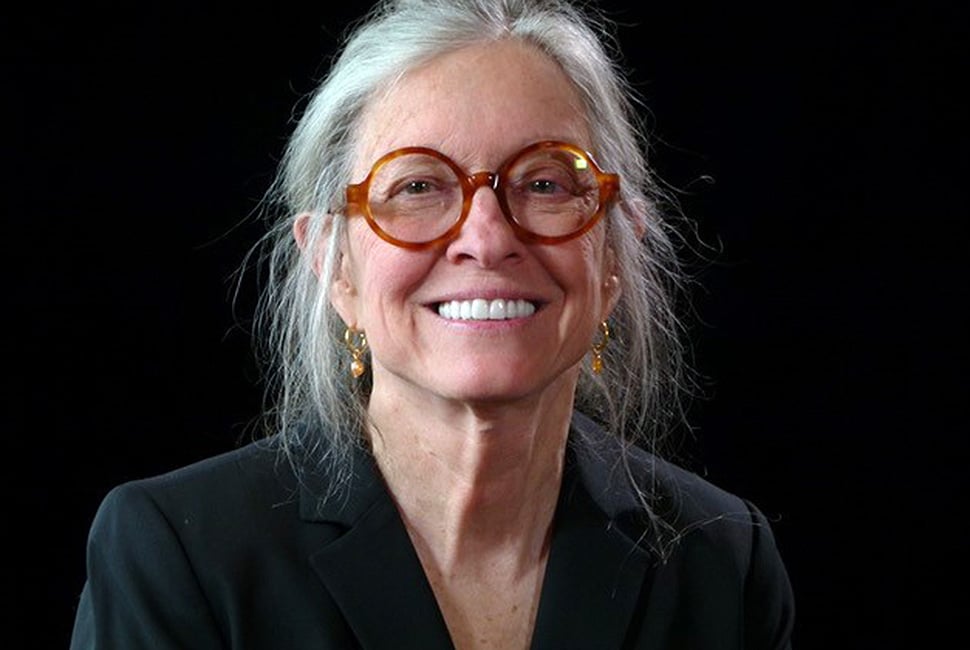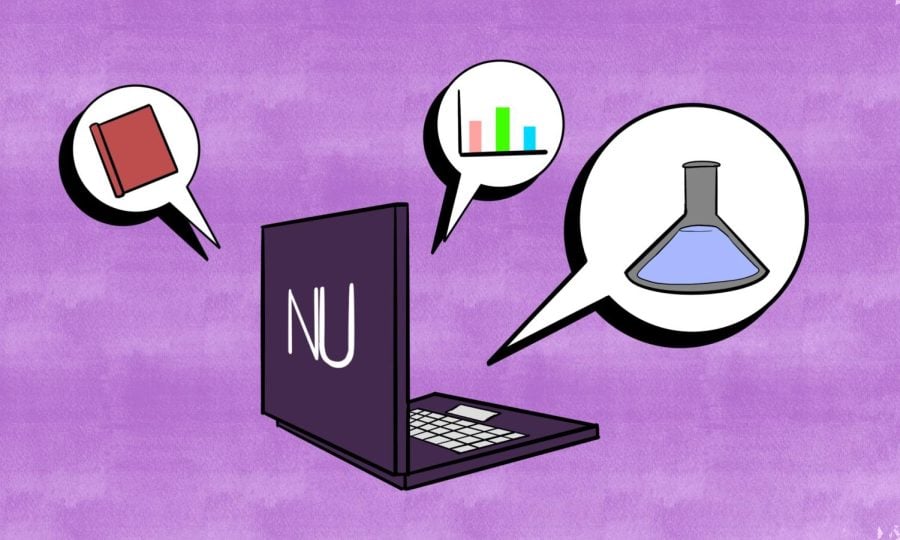Department of Spanish and Portuguese faculty and graduate students gathered to hear Prof. Claudia Quevedo-Webb and Spanish lecturer Cristina Codina speak on innovative approaches to language instruction in Kresge Hall Wednesday.
The event was the third of the Professional TED Talk series put on by the Spanish Language Program Professional Development Committee, a program designed for faculty to share research and instructional strategies.
“I think it’s a great opportunity for people to listen to what we are doing in the department,” Prof. Raquel Amorese said. “Sometimes we get so involved in our own work, so this series is a great opportunity for people to come together and collaborate.”
Quevedo-Webb said the series provides professional development benefits for both attendees and presenters.
Drawing on her experience developing virtual reality course materials at the University of Chicago, Quevedo-Webb presented on the use of V.R. as a cultural immersion tool.
“Not every student is going to be able to go to Paris, or to go to Spain or to go to Latin America,” Quevedo-Webb said. “I thought that (V.R.) would be a really good way of immersing our students and breaking, even if virtually, the classroom boundaries.”
Quevedo-Webb also expressed hope that faculty members would leave the presentation excited about the possibility of incorporating new technology into instruction, understanding that the field is still developing.
Following Quevedo-Webb’s talk, Codina gave a presentation on the role of art in facilitating conversations about identity and trauma.
Codina referenced her research on autoethnography, which connects personal experiences to cultural studies. She discussed how students can learn from their personal lived experiences.
“I want my students to grow, not just to learn content and then forget about it,” Codina said. “I want them to grow through their experiences and connect to each other.”
Codina also highlighted diversity, equity and inclusion practices, and how vulnerability can allow students to connect learning with their own experiences.
She described art as a medium for expressing personal sentiments, and encouraged attendees to practice sharing their own experiences through artistic workshops.
“The art pieces show what you want to say,” Codina said. “It really helps students connect with each other as a community, not really competing, but collaborating.”
Email: [email protected]
Twitter: @hannahe_webster
Related Stories:
— Northwestern professors discuss improving language studies at ted talk event
— Northwestern language programs see enrollment across most programs decline















